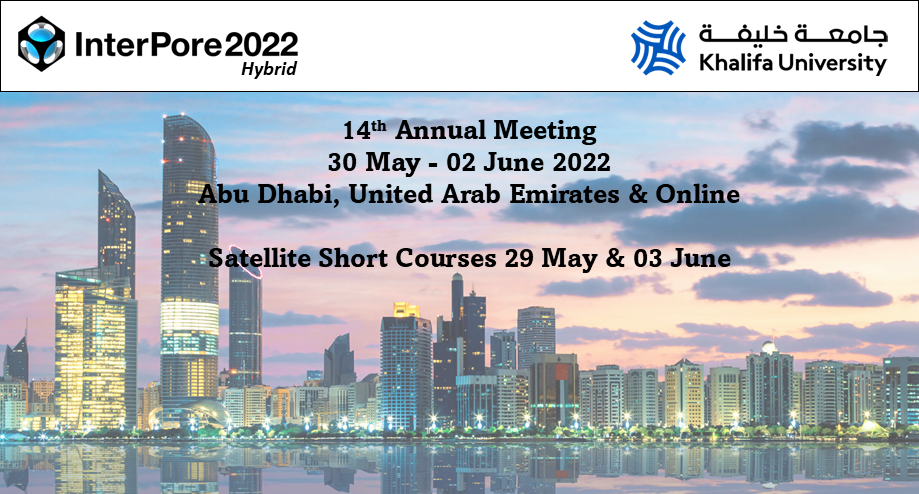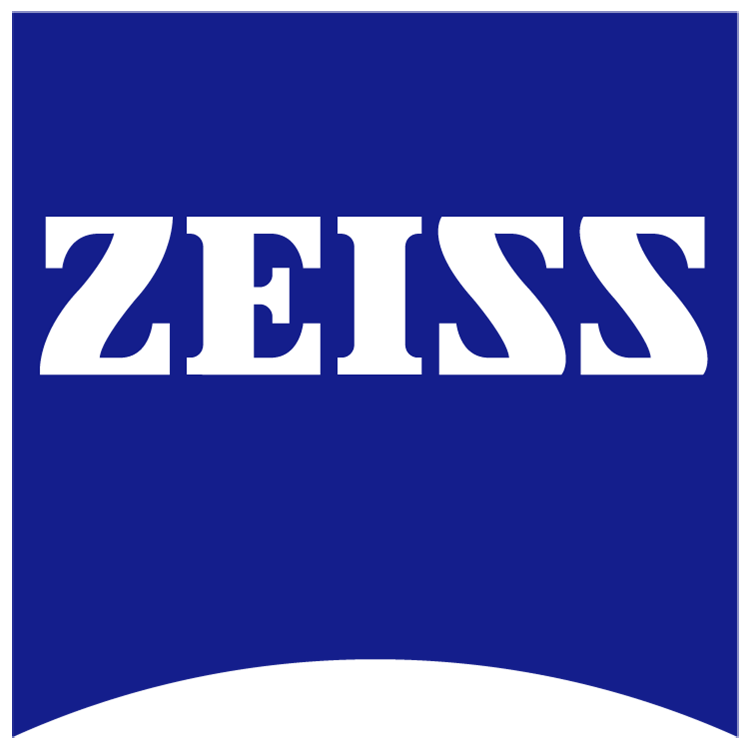Speaker
Description
Different artificial intelligence methods are evaluated for the construction of surrogate models of the flow of the Requena-Utiel and Cabrillas-Malacara aquifers, in Valencia, Spain. The objective is to provide a quick, open, and minimally accurate tool that allows managers to assess the impact of possible changes in the flows extracted from existing wells and the impact of rainfall on the decrease/rise of piezometric levels. The different surrogate models resulted in very similar and precise approximations in the ranges of inputs and outputs for which training data were generated. In addition, the speed and ease of use were also verified.
Research financed by the InTheMED project, which is part of the PRIMA Programme supported by the European Union’s Horizon 2020 Research and Innovation Programme under Grant Agreement No 1923.
| Participation | In person |
|---|---|
| Country | Spain |
| MDPI Energies Student Poster Award | No, do not submit my presenation for the student posters award. |
| Time Block Preference | Time Block A (09:00-12:00 CET) |
| Acceptance of the Terms & Conditions | Click here to agree |









